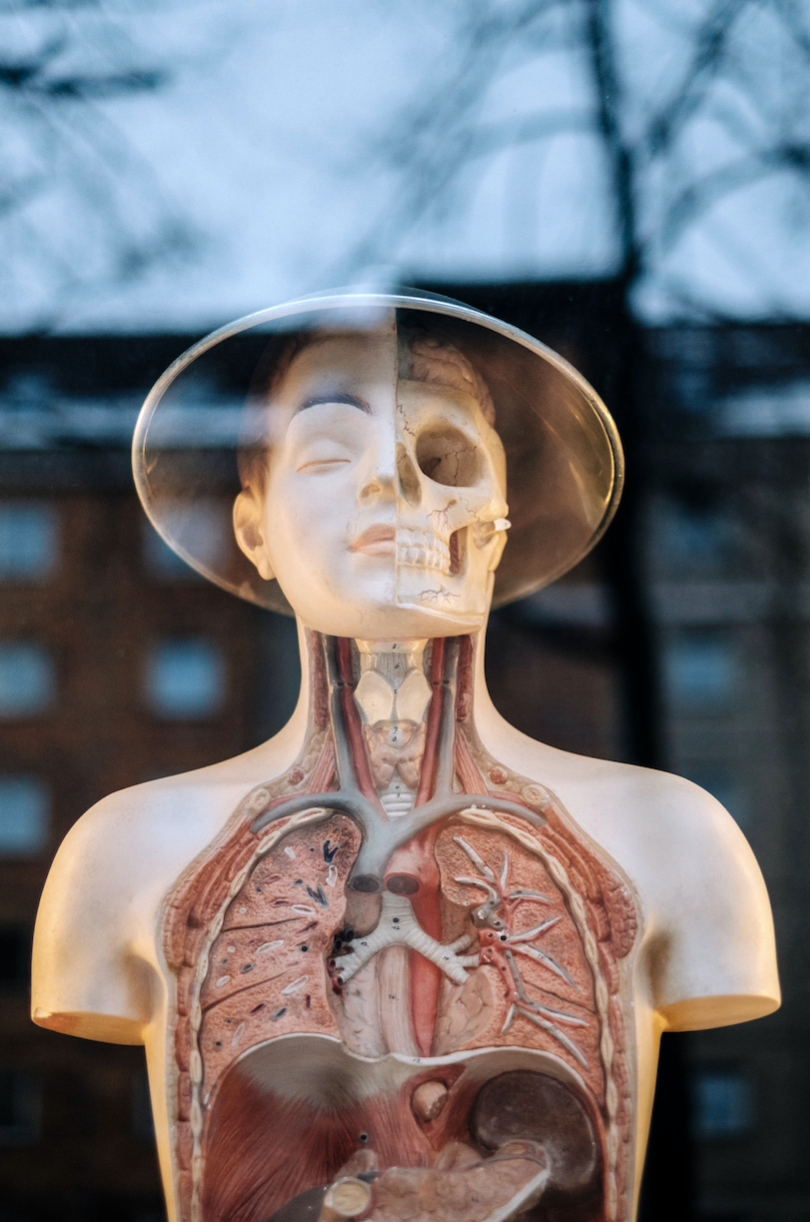By Meredith Sheldon
Jason Mendelsohn uses his frail arms to prop himself up on his pillows. His shaking hands send his Ensure and Gatorade down his feeding tube — it’s lunchtime.
He can’t swallow anything. Even his saliva won’t go down.
Third-degree burns in his throat ignite his body with each breath. It’s as if chemotherapy and radiation treatments make him a fire-breathing dragon.
After doctors removed 42 cancerous lymph nodes from his neck, the Orlando resident planted himself in bed for 18 hours a day for seven weeks.
“I always appreciated life,” he said. “But, I appreciate it more now.”
A cancer conqueror since August 2014, he is just one of the many victims of the sixth fastest growing cancers in young adults worldwide.
HPV and related head and neck cancers are increasing. Three out of four adults have HPV by age 30, 62 percent of college freshman have HPV, and men between the ages of 40 and 50 are the most diagnosed for HPV-related head, neck and oral cancer, said Mendelsohn, the co-chair of the patient education committee for the Head and Neck Cancer Alliance.
For the 19th annual head and neck cancer awareness month, the Head and Neck Cancer Alliance sponsored 400 screening events worldwide from April 2–9, said Holly Boykin, executive director at the Head and Neck Cancer Alliance.
UF Health is also taking part. Free oral, head and neck cancer screenings will be held April 13 at the Wyndham Garden Hotel and on April 18 at the Waterfront Inn.
Doctors Brian Boyce and Peter Dziegielewski (DZ) will be massaging necks and checking mouths for possible cancerous lumps, said Marsha Mott, health promotions coordinator for UF Health Shands.
After the screenings, the two doctors will speak about the risk factors. Dr. DZ, the chief of head and neck surgical oncology and microvascular reconstructive surgery, said smokers, drinkers and people with HPV are at risk.
“If you were to ask how many people are at risk, it would be almost the whole population,” he said. “The earlier you catch the cancer, the better the chance of survival and less pull the treatment would take on the patient.”

